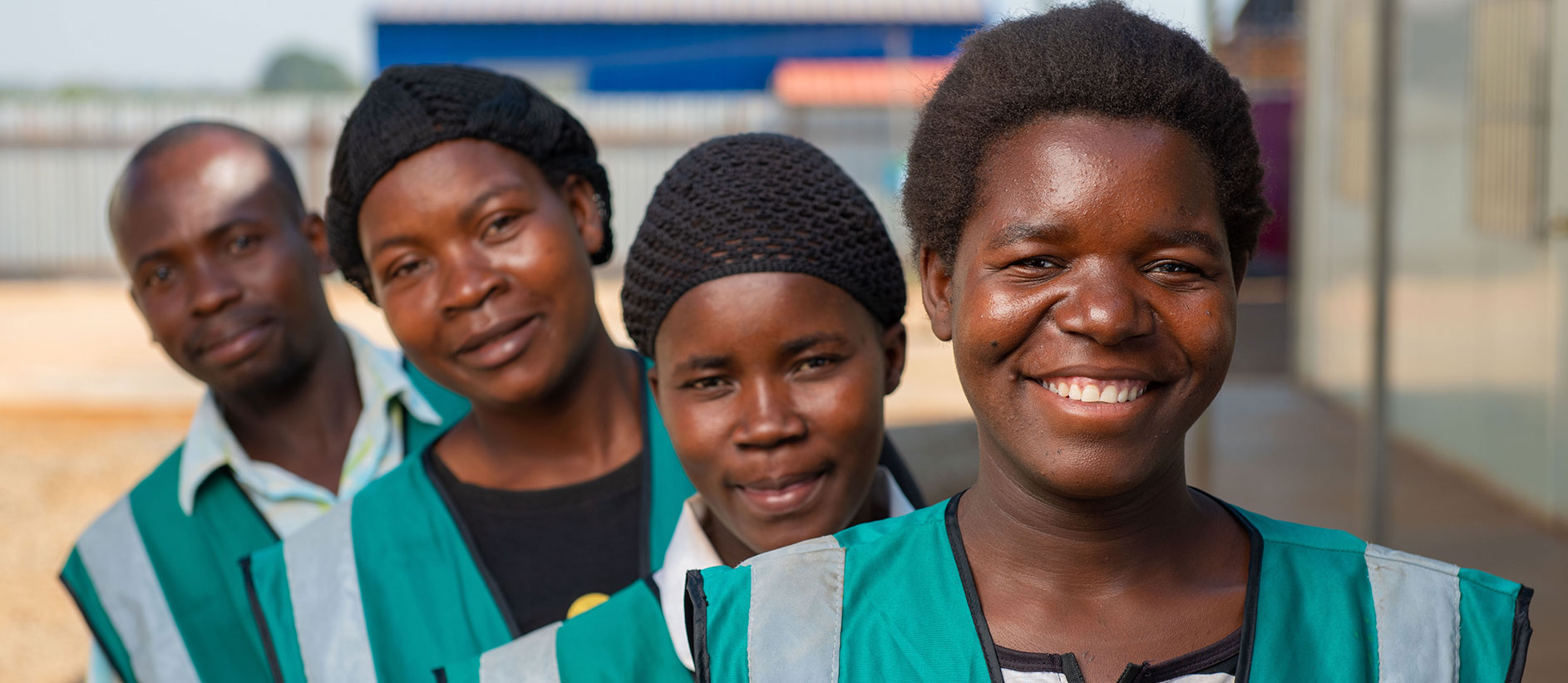IFU has invested with renewable energy developer JCM Power (JCM), which aims to empower women through active community engagement, job creation and training, including prevention and response to gender based violence and harassment (GBVH) for employees, community members and other stakeholders of all genders.
In Malawi, only around 10 per cent of the population has access to electricity, and in Golomoti village around 100 km from the capital Lilongwe, JCM has constructed a 20-megawatt PV solar park with a strong focus on gender equality and the economic empowerment of women. At Golomoti, JCM are very actively engaged in local communities and especially the women. ,
IFU is therefore very pleased to announce that the Golomoti project has been recognised as a “2X investment” (www.2Xchallenge.org). Golomoti qualifies because it has a share of women in the workforce above 30 percent (threshold for the power sector), and because the project has policies in place that go beyond those required for legal compliance and addresses barriers to women’s quality employment.
Gender-related policies and measures implemented
Golomoti has formally established new gender-inclusive policies, such as an employee code of conduct, a labour policy, and a GBVH policy.
To ensure the implementation of these policies, JCM has taken a number of initiatives. At the Golomoti project there is a gender equality promotion component in all project inductions to raise awareness and promote fair behaviour. Gender-neutral language is used in job descriptions, posters, reports, etc, and initiatives have been made to address unconscious bias in recruitment campaigns and selection processes. The Golomoti project has worked hard to sustain a gender-inclusive culture, including senior level promotion of the business case for equality, and the appointment of a Gender Inclusion Specialist.
The project has worked with a number of employees with children under the age of five, trying to identify ways to help them raise their children while still working, e.g. allowing for flexible working hours to keep mothers at work and children at school. The Golomoti project has also worked on ensuring a gender balance when nominating representatives for the workplace committee, so that women can voice their issues
A Gender Inclusion Specialist has supported the implementation of a Gender Action Plan in the local communities since May, 2020. The role has been to continuously engage with all stakeholders and respond to any GBVH in the workplace, including having regular discussions with contractors on their obligation to prevent sexual harassment and reminding the workers of their obligations. The project has also appointed site gender champions for promotion of gender equality to facilitate, among other things, informal conversations on .
Golomoti has also promoted gender equality among stakeholders and project-affected communities, giving locals the opportunity to head community projects committees, and ensuring participation of women in such committees. This project is shining a light on successful women in the communities, and supports the identification of community gender champions for promotion of gender equality at community level.

